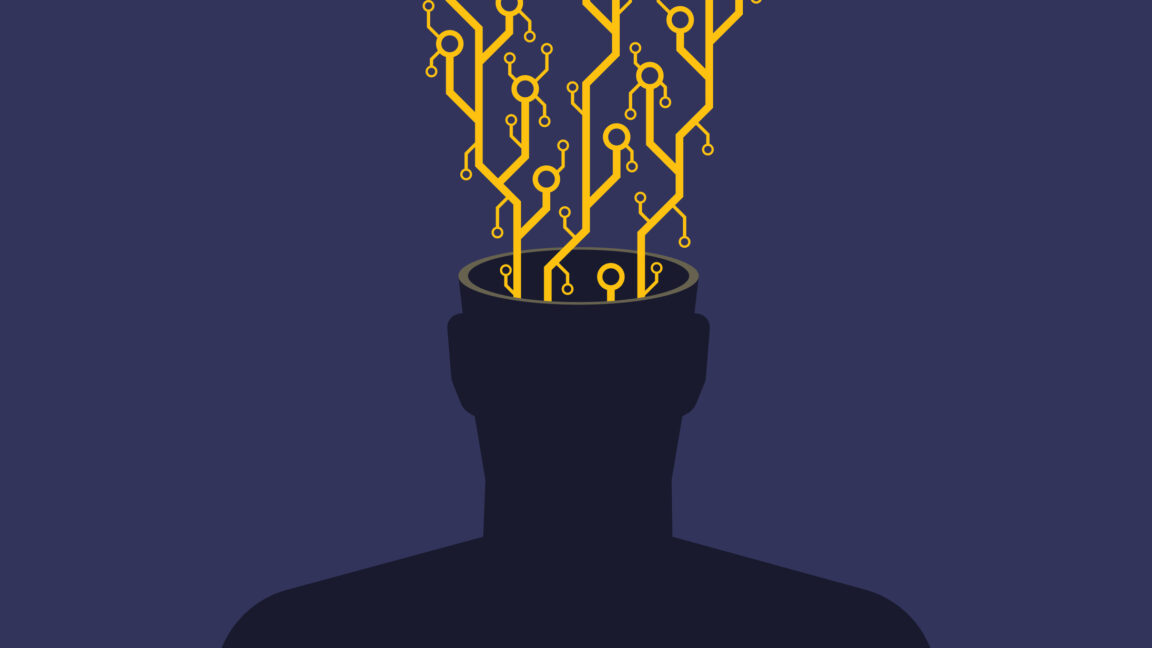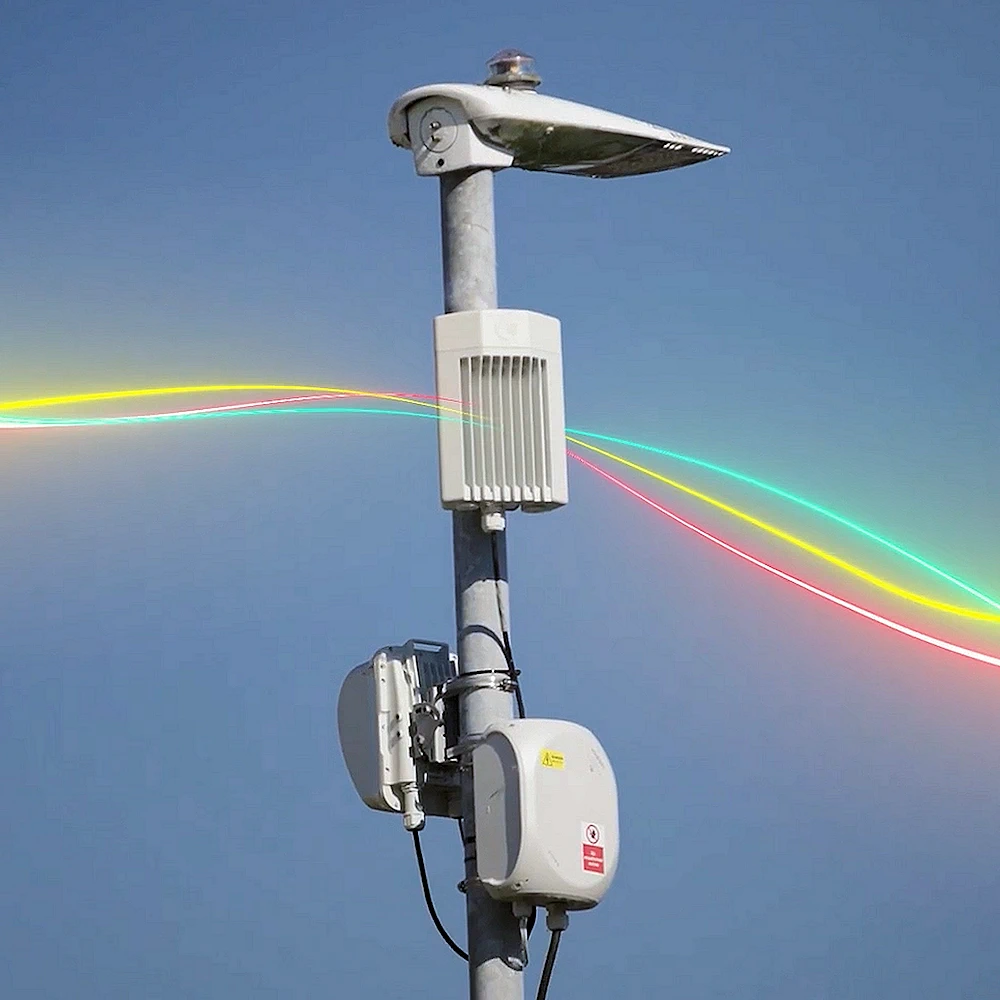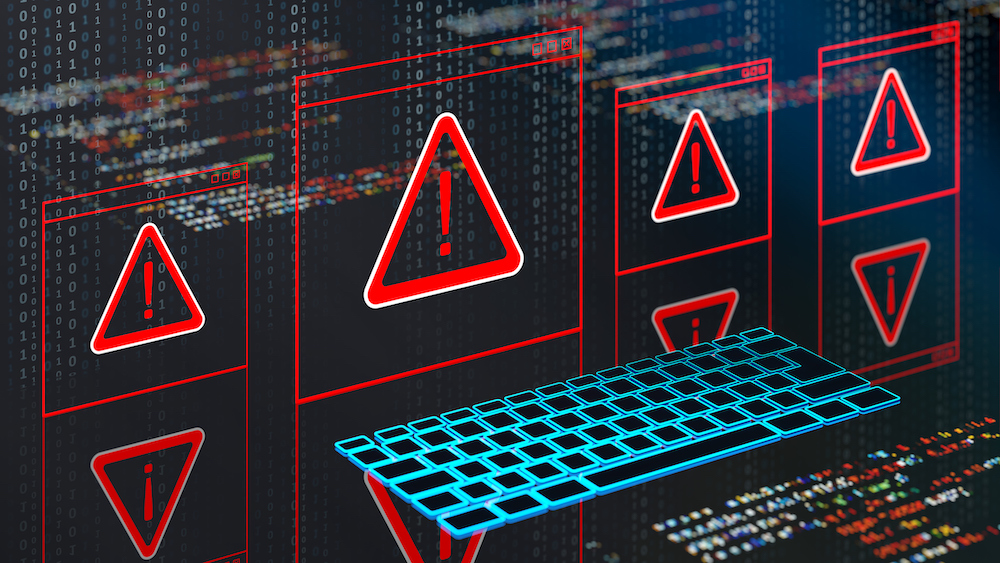The debate over what constitutes AGI remains unresolved, with various interpretations ranging from economic benchmarks to human-like capabilities. A recent example of this confusion is the strained negotiations between Microsoft and OpenAI, who are at odds over the term’s precise meaning despite a contractual agreement valued at over $13 billion.
Many experts agree that defining AGI is a complex challenge, as it involves questioning fundamental assumptions about what means to mimic or surpass human intelligence. Traditional views hold that AGI should demonstrate the ability to apply knowledge across diverse tasks at human-level performance. However, this perspective raises numerous questions about which human capabilities are relevant and whether mimicking human intelligence should be the goal.
The industry’s inconsistent definitions impact research, regulation, and expectations. As more organizations claim imminent AGI breakthroughs, the lack of consensus threatens to slow progress and complicate strategic planning. The ongoing disagreement underscores the necessity for clearer standards and shared understanding in the rapidly evolving AI landscape.

![[AS262448] DIALHOST INTERNET EIRELI](https://r2.isp.tools/asn/262448/logo/image_100px.png)




![[AS268707] 4W NET ES TELECOMUNICACOES LTDA](https://r2.isp.tools/asn/268707/logo/image_50px.png)
![[AS52888] UNIVERSIDADE FEDERAL DE SAO CARLOS (2 probes)](https://r2.isp.tools/asn/52888/logo/image_50px.png)
![[AS262769] AVANZA TELECOM LTDA](https://r2.isp.tools/asn/262769/logo/image_50px.png)
![[AS266413] Viva Tecnologia Telecom](https://r2.isp.tools/asn/266413/logo/image_50px.png)
![[AS265234] N-MULTIMIDIA TELECOMUNICACOES LTDA - ME](https://r2.isp.tools/asn/265234/logo/image_50px.png)
![[AS28154] AR TELECOM PROVEDOR DE INTERNET LTDA](https://r2.isp.tools/asn/28154/logo/image_50px.png)
![[AS53139] RDF Informatica Ltda](https://r2.isp.tools/asn/53139/logo/image_50px.png)
![[AS61752] BATISTA PEREIRA INFORMATICA LTDA.](https://r2.isp.tools/asn/61752/logo/image_50px.png)
![[AS263486] CONECTA SERVICOS E INTERNET LTDA](https://r2.isp.tools/asn/263486/logo/image_50px.png)
![[AS262448] DIALHOST INTERNET EIRELI](https://r2.isp.tools/asn/262448/logo/image_50px.png)
![[AS7195] EdgeUno (5 probes)](https://r2.isp.tools/asn/7195/logo/image_50px.png)